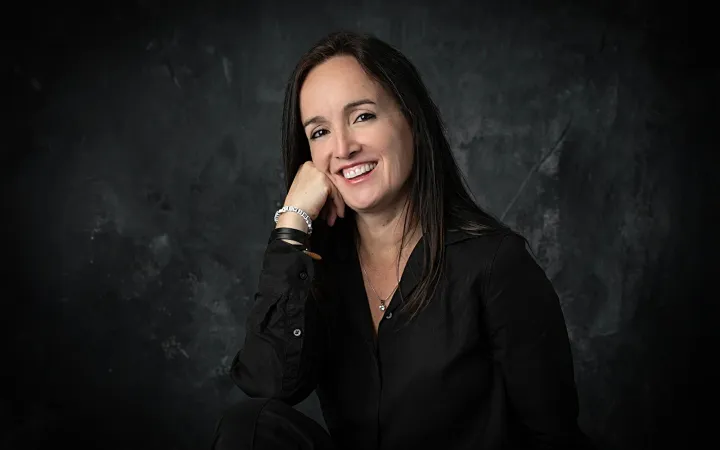
Por Edmée Pardo
Fue hasta los 50 años que agarré una raqueta de padel. Lo hice para construir otro ángulo en la relación con mi papá. A sus 76 años iba quedándose sin contendientes y entonces pregunté ¿me enseñas? Se abrió una emoción, un diálogo, una puerta, otra arista de nuestra relación. Jugamos en los periodos vacacionales que pasamos juntos, apenas unas semanas al año, lo suficiente para siempre estar picados. En el camino a la cancha charlamos sobre el libro que estoy leyendo, damos gracias a la vida frente a una ceiba que custodia la zona, chismeamos, le pregunto algo concreto, aprendo. Boleamos un poco y empieza el juego. Me gustaría decir que jugamos, pero eso sería una hipérbole. Él juega conmigo: me corrige el sostén de la raqueta, me obliga a correr de un lado al otro, “usa el revés, mano firme” me dice mientras hace unos saques de mago. Cero seis, uno seis, cero seis. Hoy, a sus 84, tiene por lo menos 70 años de jugar raqueta: tennis, squash, padel, pin pon; y yo apenas ocho de resbalarme en el pasto sintético. Pero como soy entusiasta continúo con nuestros encuentros que sobre todo son divertidos y gozosos.
Fue apenas el verano pasado que decidí contratar un profesor de padel local para convertirme en una contendiente digna y no solo el objeto de ejercicio de mi padre. Hay que aprender a leer al enemigo, me dijo el profe. Paré el juego boquiabierta. ¿De qué hablaba? Sí hay que controlar la bola, sí hay que medir la fuerza, sí hay que saber dónde poner el saque, pero sobre todo hay que aprender a ver al contendiente, leer la cancha y no dejar que el rival se anticipe. Eso, si queremos ganar. Nunca había pensado en ganarle a mi papá, nunca lo había pensado como el enemigo. El contrincante, pues, me explica el profe. Si aprendes a ver para dónde va construyes una estrategia ofensiva y no solo respondes a su juego. Hay que atacar.




